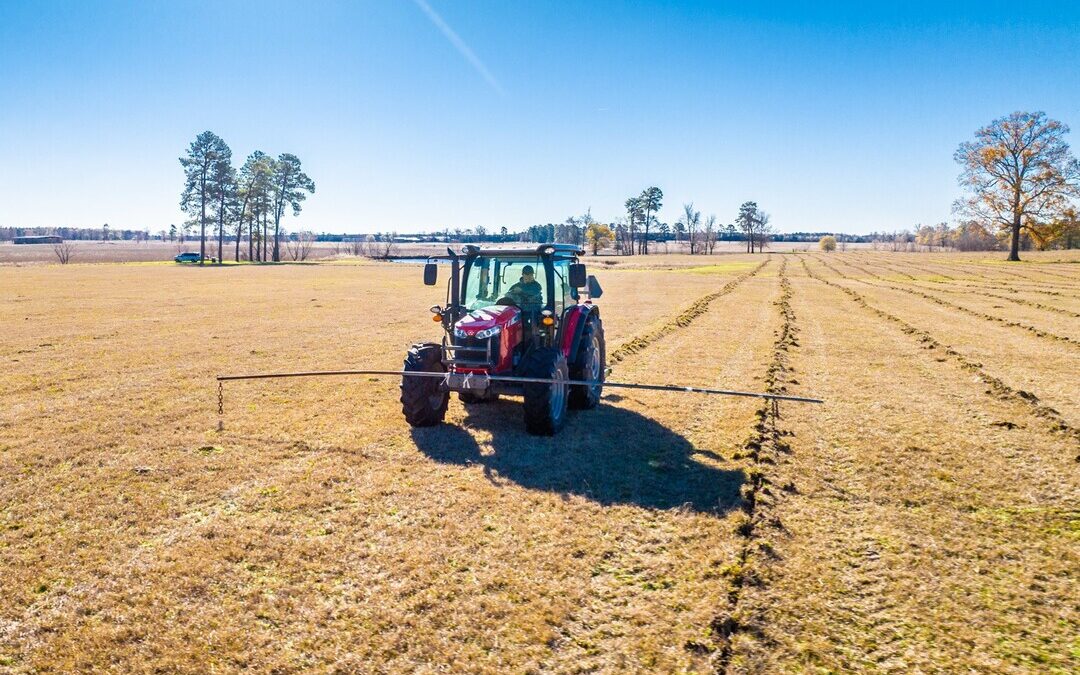Microsoft Secures 7M Tons of Carbon Removal Credits in Landmark Deal
Microsoft secures 7 million tons of carbon removal credits from Chestnut Carbon, advancing its goal to become carbon negative by 2030.
In a significant step toward its ambitious climate goals, Microsoft has secured more than 7 million tons of carbon removal credits through a long-term agreement with Chestnut Carbon, a nature-based carbon removal developer.
The deal marks one of the largest afforestation, reforestation, and revegetation carbon removal purchases in the United States, fueling Microsoft’s aggressive push to become carbon negative by 2030.
Under the 25-year agreement, the New York-based Chestnut Carbon will deliver the carbon removal credits through its Sustainable Restoration Project, which aims to restore roughly 60,000 acres of marginal agricultural land in the Southern U.S., including Arkansas, Texas, and Louisiana.
The project will plant more than 35 million native hardwood and softwood trees, contributing to both carbon sequestration and ecosystem restoration.
Strategic Commitment to Carbon Removal
“This agreement with Chestnut Carbon is another positive step towards Microsoft’s goal to become carbon negative by 2030,” said Brian Marrs, Senior Director of Energy & Carbon Removal at Microsoft, in a statement.
“We look forward to the prospect of scaling forest restoration within the United States, attracting sophisticated private capital in the process. We are glad to see the Sustainable Restoration Project diversify the ecological impact of our global carbon removal portfolio,” added Marrs.
The deal builds on Microsoft’s previous agreement with Chestnut Carbon in December 2023, further solidifying the company’s investment in nature-based solutions to offset emissions.
The purchase represents a growing trend among large corporations leveraging carbon credit markets to fulfill their net-zero commitments, as engineered removal solutions such as direct air capture remain costly and technologically nascent.
Leading the Way in Decarbonization
Microsoft has been at the forefront of corporate climate initiatives, pledging to remove all of its historical carbon emissions by 2050.
As part of its broader strategy, the tech giant has sought out a range of carbon removal solutions, from nature-based projects like afforestation to cutting-edge technological approaches.
The agreement also highlights a shift in the voluntary carbon market, where companies are increasingly prioritizing high-quality, verifiable removal credits over traditional offset mechanisms, which often focus on emissions avoidance rather than direct carbon sequestration.
The credits from Chestnut’s project are registered with Gold Standard, an international benchmark for sustainability.
Future Growth and Market Impact
For Chestnut Carbon, the deal with Microsoft serves as a catalyst for expansion. The company aims to grow its ARR portfolio to 500,000 acres by 2030, with the goal of removing 100 million tons of carbon dioxide from the atmosphere over a 50-year crediting period.
“We’re excited to be expanding our collaboration with Microsoft, given their market leadership in net-zero commitments,” said Ben Dell, CEO of Chestnut Carbon in the statement. “We continue to bring high-quality credits to market for discerning customers and look forward to building on our leading position in the market.”
As climate-focused investments gain momentum, Microsoft’s latest commitment signals the growing role of private sector initiatives in addressing global carbon emissions.
Also Read:
Microsoft Expands Partnership with Undo, Eion to Remove 23K Tonnes of Carbon

